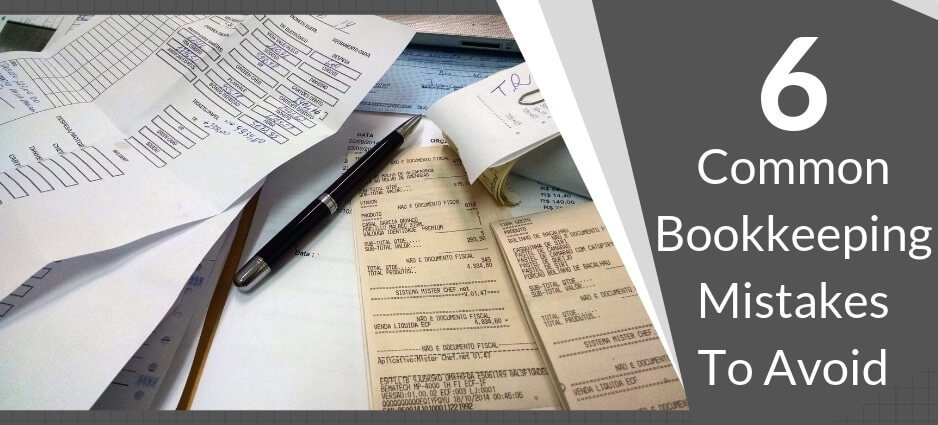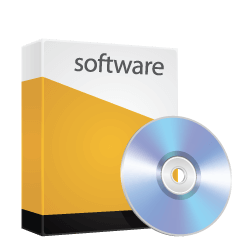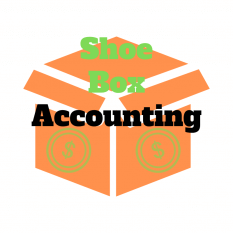Common Bookkeeping Mistakes to Avoid

Let’s face it, bookkeeping isn’t fun but it’s an essential part of running a successful business.
Courtesy of technology and the cloud it has got easier, however, bookkeeping still remains a headache for many business owners. It’s more than just keeping the score, it’s about having access to up to date financial information so you can make informed business decisions. As accountants, quality records let us do tax planning that can save you money. They give us information, so we can advise you on whether to prepay expenses, lease or buy equipment or possible delay issuing invoices until after the end of the financial year.
Our mission is to help you cut the cost of compliance and here are some of the more costly bookkeeping mistakes to avoid this year.
-
The Wrong Software Program

Using the wrong software program can prove catastrophic. The key is to make sure you match your business needs (payroll, invoicing, point of sale etc.) with your level of accounting skill. Unfortunately, we pick up a lot of new small business clients who are using software that is beyond their level of accounting skill and beyond their business needs. You don’t need to drive a Mercedes when a Mitsubishi will do the job.
In a lot of cases, these people create 'computerised shoebox’ records. That type of bookkeeping wastes precious time and money with additional bookkeeping costs to ‘fix’ the mess.
-
Avoid Binge Bookkeeping
Try to avoid ‘binge’ bookkeeping when you cram all the work into one day or night. As a small business owner, you have a lot on your plate and remembering what you paid the ‘Acme Company’ $77 for some 90 days ago can be a challenge. Be disciplined, keep your bookkeeping up to date and make sure you meet all the ATO lodgement deadlines. Ideally, time poor business owners should allocate a part of the week to their bookkeeping.
-
Ban the Shoe Box

Busy entrepreneurs often empty their wallets and throw a pile of receipts into a box or tray on their desk for filing at a later date. The problem is, the pile gets bigger and bigger and they struggle to find the time to catch up.
Increasingly, most transactions are now online and there has been a massive shift towards cloud-based digital bookkeeping systems. These have the functionality to scan in your receipts to eliminate shoebox record keeping forever. Excel spreadsheets are also a thing of the past and you can also extract reports at a mouse click and reconcile your transactions to your bank statements. Your data file is automatically backed-up and there’s no need to download software updates because when you use a cloud-based program it’s automatically done for you.
-
Separate Business & Personal
Another general rule is, separate your business and personal expenses. Keep it simple and don’t merge your business and private banking. It’s convenient to use your credit card for everything but it gets messy when it’s time to do your bookkeeping. With respect to bank accounts, it’s a nightmare reimbursing expenses paid out of personal accounts so be disciplined and pay all your business expenses from the business account.
-
Keep Receipts!

The onus of proof is always the responsibility of the taxpayer. The Australian Taxation Office (ATO) require proof of all business purchases including receipts or tax invoices that detail the supplier, the amount paid and where applicable, the amount of GST. There are some small exceptions to this rule.
Bank statements might detail the payee details that does make bookkeeping easier, however, they aren’t going to satisfy the ATO guidelines. You’ll often find the business you purchased from has a different trading name so then when you go to categorise the expense it’s difficult to ascertain what it was for. Obviously, the description on your bank statement doesn’t detail what the expense was so you need to refer to the tax invoice for more detail when doing your bookkeeping. The ATO require you to keep your receipts for 5 years.
-
Staff Requirements
When you employ staff, your record keeping requirements increase dramatically. You have to keep payroll records and track superannuation obligations plus produce PAYG Payment Summaries at the end of the year. Failing to satisfy superannuation guarantee requirements will attract the ATO’s attention and possibly incur fines.
These relatively simple tips can help you control the bookkeeping burden. Of course, if you need advice regarding what software suits your business or if you need training to use a program, please don’t hesitate to contact us.
This article forms part of our December 2018 Business Accelerator Magazine. Click HERE to
download a PDF of our latest edition or select other articles below:-
- Cash Flow - The Lifeblood of Your Business
- Financing Your Start-Up Business
- Tax Office Launches Mobile Strike Teams
- Tax & Your Christmas Party?
- Cents Per Kilometre Rate Change
- How to Reduce Your Business Risk
















.jpg)